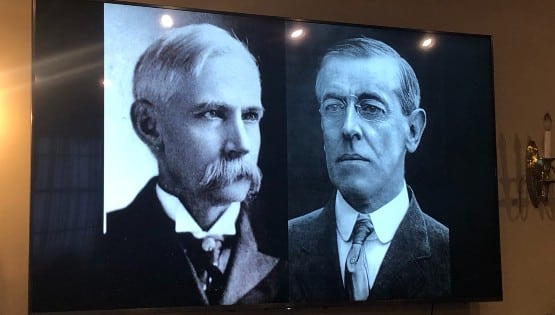
Supervised injection sites (SIS) are not a new phenomenon. State-designated locations at which recreational intravenous drug users may legally shoot up, while under the supervision of medical professionals, have been prevalent throughout Europe for over two decades. The concept of SIS first garnered widespread public attention in the United States in 2003 when North America’s very first legally-sanctioned safe injection facility, Insite, opened its doors in Vancouver. Thirteen years later and this continues to be the only building on the continent where the unsanctioned possession and recreational use of federally controlled substances — with the exception of marijuana — is not an offence punishable by incarceration. Svante Myrick, mayor of Ithaca, is attempting to change that by overseeing the establishment of a safe injection site in Centeral New York. Unfortunately for him, though, drug warriors — conservative and liberal alike — are not concerned with the welfare of users. Drug use simply must be eradicated. Harm reduction be damned.
Don’t get me wrong: the abolition of all laws governing the possession, use, and sale of psychoactive substances is paramount to the proliferation of chemical liberty in America. The prevailing narrative surrounding recreational drug use in the US is immensely problematic in that even self-proclaimed opponents of massive-scale criminalization couch their opposition in appeals to the inefficacy of the War on Drugs. The liberal Democrats and “libertarian”-leaning Republicans who would theoretically support measures that allow for the opening of safe injection facilities in the United States frequently point out how carceral tactics have done nothing to curtail drug use or addiction. This is undeniably true, but what if it wasn’t? What if mass incarceration worked? What would these so-called socially progressive politicians say if criminalizing addiction, locking up users, and breaking up families had proven beneficial to the state’s anti-drug crusade?
While providing users with spaces where they may safely and legally engage in recreational drug use is an undoubtedly good thing, it shouldn’t be necessary in the first place. The fact that safe injection sites are becoming more commonplace is a sign not of a shift in the state’s attitudes toward drug use, but of a shift in its preferred method of control. For example: when the paternalistic busybodies that be, of both the political and medical persuasions, finally came to the realization that curbing opiate abuse would require more than simply arresting heroin dealers and cracking down on phony prescriptions they began implementing methadone replacement programs that forced compliant addicts to follow a highly restrictive, intrusive, and utterly impersonal psychopharmacological regimen designed to reign-in their degenerate habits while allowing the state to closely monitor their behavior — all under the guise of collective wellbeing. Postmodern philosopher Michel Foucault viewed coercive psychology as simply another, albeit less outwardly violent and far more subtle, manifestation of discipline. This particular perspective smacks of salience in an era where addicts and other undesirables are robbed of their individual agency and forced to either comply with dehumanizing “treatment” programs or risk ending up in prison.
The medicalization of drug use and addiction in the absence of freedom is nothing more than clinical authoritarianism, and the advent of state-sanctioned safe injection sites has done nothing to change that. While any and all efforts to expand the ability of individuals to voluntarily engage in recreational drug use with legal immunity should be lauded, the health and welfare of those struggling with addiction demands an end not only to the destructive War on Drugs but to the state’s paternalistic approach to rehabilitation as well. Exacting control over the lives of addicts, whether through incarceration or coercive psychology, serves only to strip them of their right to free choice and further stigmatize their very existence. Drug users are neither hopeless dependents nor degenerate monsters, and they most certainly do not require state supervision.










